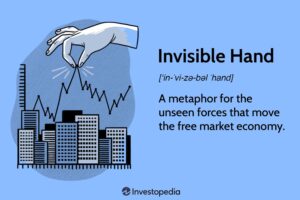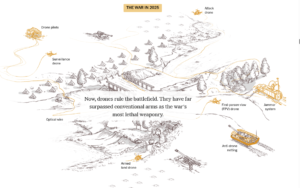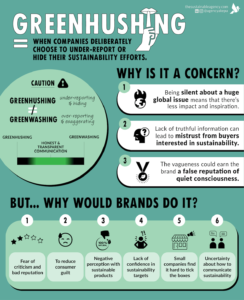A recent article in the Wall Street Journal highlighted the future of AI can be shaped to produce maximum societal benefit, rather than replace humans in society. Technology has already begun to reshape workforces in industries ranging from coding development to apple farming, but there’s still uncertainty about what exact role AI will play in the economy. Mathematicians call this the objective function used in optimization.
Very simply, the purpose of the objective function is to define the net benefits of all independent variables under our control and seek the best portfolio of decisions that will lead us there. Objective functions can be developed to predict economics, environmental, and societal goals to mention just a few. The electric utility industry used this approach for decades to decide and justify the elements in both the supply and demand side portfolio.
Well, according to one Massachusetts Institute of Technology economist, we’re doing it all wrong. Sendhil Mullainathan says humans can choose what kind of technology it becomes but by contrast, it is now uncoordinated and self-centered on the developer perspectives. AI tools are being evaluated, developed and deployed based on their capability for automation, not their capability for augmentation, Mullainathan says.
The MIT professor says companies like OpenAI and Google could evaluate their newest models based on their ability to help people, not their ability to automate processes. That framework, he argues, could help ensure that AI becomes what Steve Jobs called a “bicycle for the mind”—a technology that amplifies humans’ inherent abilities and streamlines their efficiency.
Nice try Professor Mullainathan … our free markets defy such ideologies.
Worse yet, bad people are defining the objective functions, which are largely to deceive, rob and steal from innocent citizens. The evils of this world have been the drivers to innovation right behind space and defense. Don’t you remember that porn drove the video cassette and DVR business and will drive the deep fakes to virtually eliminate the actors and actresses in that business.
Meanwhile we argue about digital rights and NFTs as if the market was listening to us. We are lambs being led to slaughter, by those who have jumped on the technology already.
Remember this simple adage: if something is free to us, the ones “giving it to us” are likely taking advantage of something we did not understand had value and/or as individuals could not acquire as value. They are indeed giving it to us …




